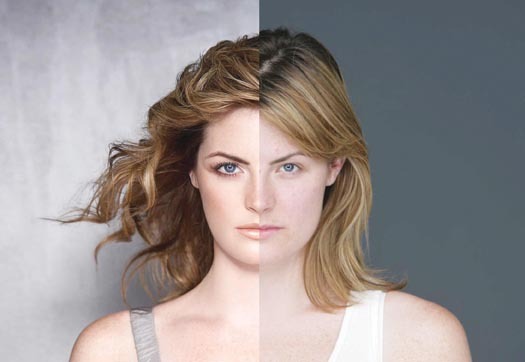
Look at the photo of the Beatles walking across Abbey Road. In the original photo, Paul McCartney was holding a cigarette but United States poster companies removed it.
Doctored photos affect our memories and perception of things more than you might realize, and in this day and age it is amazingly easy to alter an image.
Many experiments have been conducted trying to determine if doctored images can actually alter our memories of events. In one experiment done by Kimberley Wade from the Department of Psychology at the University of Warwick people were told to do a gambling task with a partner, once it was over they were shown altered images making it seem like their partner was cheating. Many people believed that their partner had been cheating and 20% of the people were willing to sign a form saying this; some even recalled the cheating that never even happened. Mostly childhood memories are easier to distort but based on this experiment adult images are also able to be altered.
Charlie Taylor, a sophomore at Roosevelt High School in Seattle, WA was shown several doctored images. After fully believing these images, he was told that they were fake. He was shocked and said, “If a person sees something that is Photoshopped but looks real it would probably register in their brain.”
Many people have the same thinking without realizing it, Aeron Langford, a sophomore at Holy Names High School in Seattle was shown the same photos and was asked if she believed if a Photoshopped image could alter someone’s memory. She said, “I think seeing a picture would affect someone’s memory but Photoshopping it wouldn’t affect it any more than a normal photo.” After she was told that the photos were not real she agreed that they could affect someone’s memory and was surprised because she thought that they were both real.
Many images that we see daily have been put through Photoshop; photos of models and even newspaper pictures have been altered to look more appealing or to prove a point. Many of the images of models today display unattainable levels of beauty. These women that we see have the perfect figure, perfect teeth, and perfect hair; they almost look poreless. However these women are the results of our nation’s obsession with Photoshop and perfection.
Due to the unattainable levels of beauty, our perception of beauty is distorted and many young girls and grown women don’t see themselves as beautiful. Girls constantly question themselves. Our society now tries to live up to the models and actresses we see in magazines.
We need to accept that what we are seeing most times isn’t real and we can’t look exactly like them. Our self-esteem should not be determined by what other people look like; as the New York City’s ad campaign to boost girls self-confidence says, “I’m a girl, I’m beautiful the way I am.”









